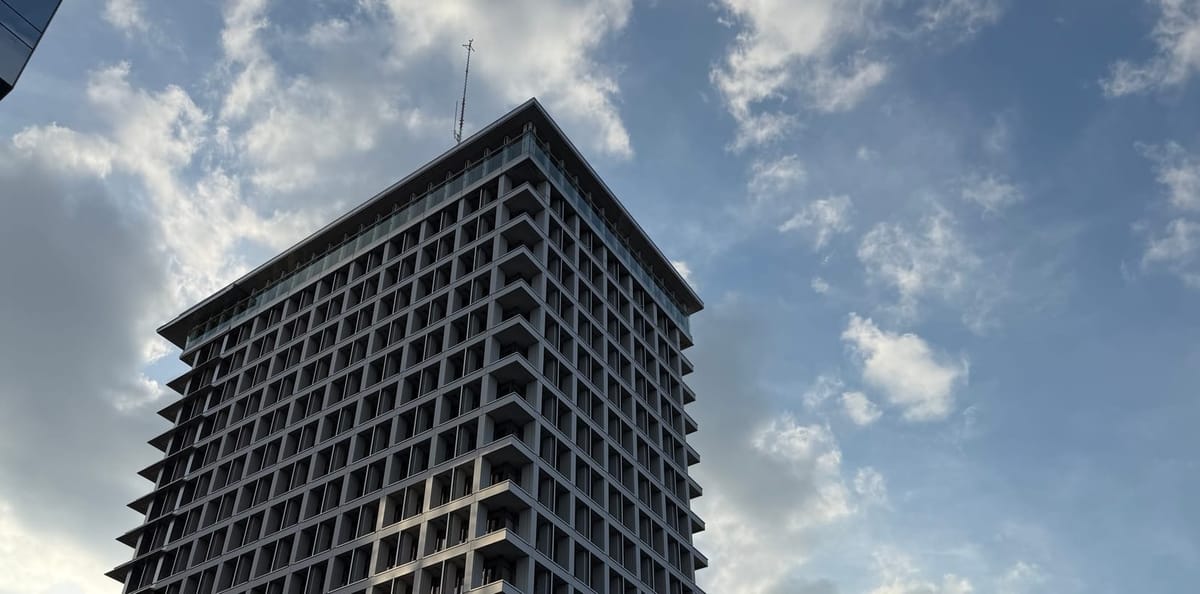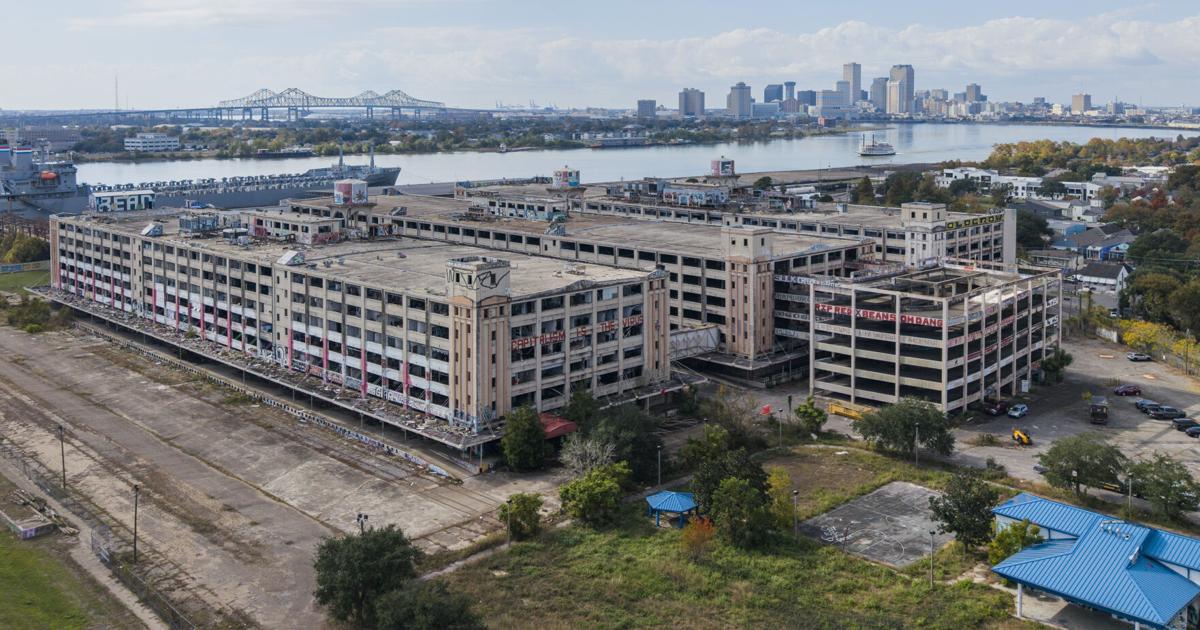R
ichmond City Council heard a briefing from the city’s top officials on Monday, warning that cutting the real‑estate tax rate could jeopardize municipal services. The council chose to postpone any decision until the October 14 meeting, deferring the issue.
State law now forces the city to consider a rate rollback after recent property assessment hikes. Mayor Danny Avula and Chief Administrative Officer Odie Donald II argued for maintaining the current rate of $1.20 per $100 of assessed value. They explained that the budget approved earlier this year assumes higher assessments; lowering the rate would necessitate cuts to services. Donald noted that a reduction to $1.16 would save an average homeowner only 47 cents a day and would still raise revenue year over year, though the rate would need to fall to $1.146 to be revenue‑neutral.
Three council members have proposed a $1.16 rate, offering modest taxpayer relief while keeping revenue growth. Avula said the city must focus on funding programs that help those who benefit most, rather than broad tax cuts that might not reach the poorest residents.
Councilor Stephanie Lynch criticized the decision to keep the rate, pointing out that neighboring Henrico and Chesterfield have already lowered theirs. She argued that high taxes deter middle‑class and low‑income residents, calling for a frank discussion about living within means. Lynch and Councilor Nicole Jones (9th District) emphasized the need for transparent comparisons of outcomes if the rate is reduced versus potential rebates or refunds, which they see as one‑time relief.
Councilor Sarah Abubaker (4th District) and Councilor Reva Trammell (8th District) were the strongest proponents of a rate cut, while Councilor Kenya Gibson (3rd District) requested more detailed data before deciding. Gibson’s position was clarified in a correction: she did not endorse either plan but sought additional information.
The council must resolve the rate by November 10; otherwise, the rate will automatically revert to $1.146. The administration had hoped for a vote that day, but Abubaker requested a delay to allow further discussion. After about an hour of debate in an informal session, President Cynthia Newbille (7th District) closed the discussion, promising further debate in the formal session.
During the formal session, Abubaker moved to table the proposals until October 14. The motion passed 5‑3, ending the night’s discussion. The council’s decision to defer the tax rate debate reflects ongoing concerns about balancing fiscal responsibility with taxpayer relief.















